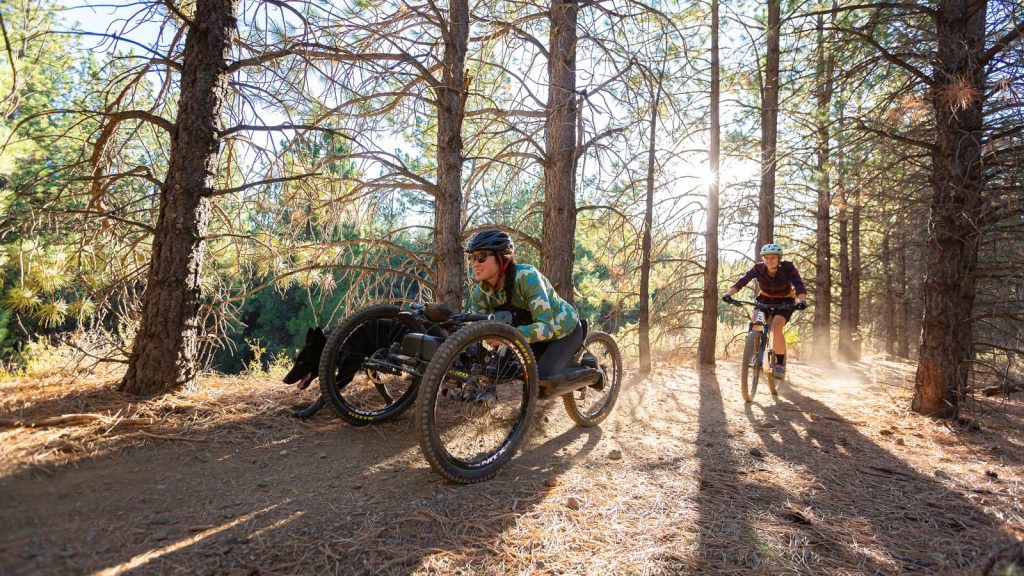Benje Patterson has recently investigated the economic impacts of biking in plantation forests in New Zealand. As part of this research, an international case study from Deschutes National Forest in Oregon, United States was presented.
Deschutes National Forest (DNF) boasts over 2,000 miles of trails that provide some of the finest outdoor recreational opportunities in the Western United States. For mountain bikers, the bustling city of Bend is the primary focal point for exploring the area’s trail network.
Calculations from research into the DNF trail network shows:
- 200,000 trail visits by mountain bikers a year, of which about 40% (80,000) were rides by visiting mountain bikers.
- Mountain bikers spend US$20 million each year on DNF trail trips out of just over US$80 million across all recreational users (including: hike, horse, snow, motor-based).
As recreational interest in the Pacific Northwest’s national forests grows, the funds needed to operate and maintain the trail infrastructure are in decline, as timber revenues stay below historical levels. An encouraging development is the emergence of local efforts to protect and preserve these forests, exemplified by initiatives like the Deschutes Trails Coalition’s innovative “$1 for Trails” program.

